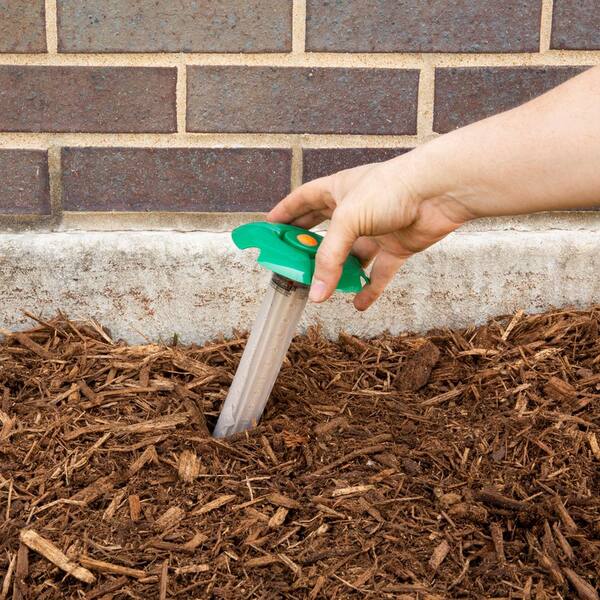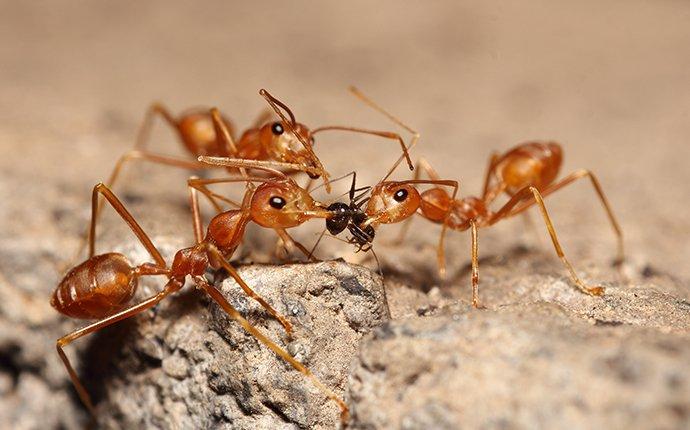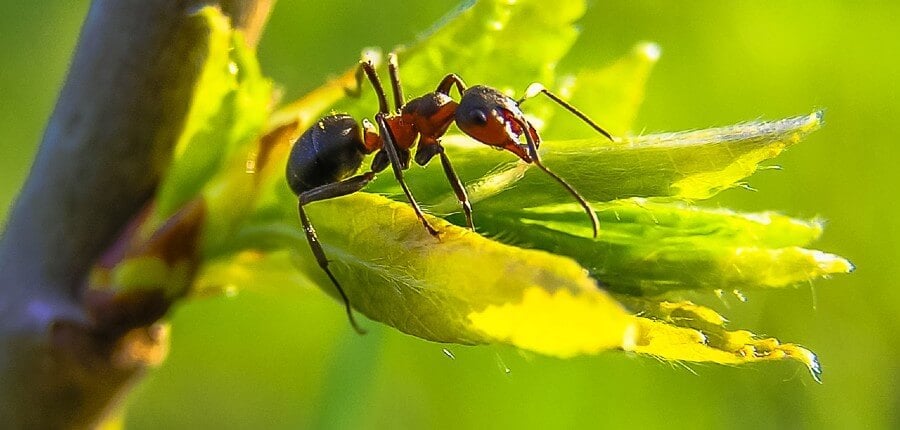Top-Rated Termite Control Services: Ensure Long-Term Protection for Your Property
Wiki Article
Ecological Effect of Pest Control: Balancing Efficiency With Sustainability
The ecological influence of pest control is a crucial concern that calls for a fragile balance in between attaining efficiency in handling insects and ensuring sustainability of our environments. As we make every effort to safeguard our crops, homes, and health from the dangers positioned by parasites, the techniques we use can accidentally harm the setting. From the use of harmful chemicals that permeate into our dirt and water to the unexpected consequences on non-target species, the repercussions of conventional pest control techniques are significant. However, there are emerging methods that provide expect a much more sustainable method to pest management. These services not just goal to address the immediate bug problems however also think about the long-term health and wellness of our planet.Hazardous Chemicals in Pest Control
The use of hazardous chemicals in pest control postures considerable ecological and health and wellness threats that call for careful factor to consider and mitigation approaches. Pesticides, pesticides, and herbicides are commonly used to eliminate bugs, however their widespread application can lead to unintentional consequences. These chemicals can infect dirt, water sources, and the air, impacting not only the targeted pests yet additionally advantageous insects, wildlife, and human beings.
To address these dangers, integrated bug administration (IPM) techniques are being promoted as a more lasting choice. IPM entails a mix of approaches such as organic control, habitat control, and the targeted use pesticides as a last hope (ant control gastonia nc). By adopting a holistic approach to pest control, we can decrease the ecological and health and wellness effects connected with dangerous chemicals while successfully taking care of pest populaces
Influence on Non-Target Variety
Taking into consideration the unintended consequences of pest control methods, the influence on non-target types is a critical aspect that needs detailed analysis. While pest control actions intend to target certain parasites, other microorganisms in the ecosystem might be inadvertently affected. Non-target varieties, including valuable bugs, birds, animals, and also plants, can endure indirect or straight injury from pesticide applications or organic control methods.Chemicals can have sub-lethal or dangerous effects on non-target types. For instance, insecticides developed to battle a specific insect bug may harm pollinators like or all-natural killers such as ladybugs. Additionally, chemical deposits can gather in the setting, influencing non-target microorganisms with time. Similarly, biological control representatives, if not species-specific, can position risks to unintentional targets, interrupting the ecological equilibrium.
To mitigate the influence on non-target varieties, integrated insect management (IPM) approaches that emphasize an all natural technique to pest control are recommended. These approaches prioritize the usage of eco-friendly practices, minimizing damage to beneficial microorganisms while effectively handling pest populations. Performing extensive threat analyses and keeping an eye on the results of insect control initiatives are vital actions in securing non-target types and promoting total ecological community health and wellness.
Soil and Water Contamination
Unplanned environmental effects of insect control approaches prolong beyond influencing non-target varieties, with considerable ramifications for soil and water contamination - ant control. Chemicals, herbicides, and chemical fertilizers utilized in parasite control can leach right into the dirt and infect groundwater, posing a threat to both earthbound and aquatic ecological communities.Water contamination is another vital problem associated with bug control practices. Overflow from farming areas treated with chemicals can carry these chemicals into neighboring water bodies, affecting marine microorganisms and water high quality. Contaminants in water sources can have significant repercussions, impacting not only aquatic life but likewise human health and wellness via the intake of infected water or marine microorganisms. To minimize dirt and water contamination from parasite control tasks, incorporated parasite administration techniques that focus on sustainability and reduce chemical inputs are crucial.
Air Pollution From Chemical Use
Direct exposure to airborne chemicals throughout agricultural applications presents a considerable problem for air pollution control steps. In addition, pesticide drift, where chemicals are brought by the wind to unplanned locations, can lead to the contamination of nearby ecosystems and water bodies.
Strategies for Lasting Pest Control
In the world of agricultural techniques, executing sustainable bug control approaches is critical for preserving environmental equilibrium and safeguarding crop yields. Sustainable bug control stresses using ecologically pleasant methods to handle bug populaces effectively while decreasing harm to non-target organisms and ecosystems. Integrated Insect Administration (IPM) is a widely embraced approach that integrates biological, cultural, physical, and chemical control methods to achieve long-lasting parasite management options.One secret method in lasting pest control is promoting biodiversity within agroecosystems. By improving all-natural opponents of bugs, such as predators and parasitoids, farmers can lower the need for synthetic chemicals. Plant rotation and diversity are likewise efficient methods to interfere with pest life cycles and develop much less positive conditions for pests to grow. In addition, utilizing pest-resistant crop varieties and using strategies like catch cropping can help decrease pest pressure without relying greatly on chemical treatments. Ultimately, by integrating these lasting parasite control techniques, farmers can accomplish an see post equilibrium between pest administration efficiency and ecological stewardship.
Verdict
To conclude, the ecological effect of parasite control techniques have to be very carefully considered to balance performance with sustainability. Unsafe chemicals used in bug control can lead to soil and water contamination, air contamination, and damage non-target varieties - termite control services. It is important to execute sustainable bug control techniques to decrease these unfavorable effects on the setting and promote a much healthier community for future generationsBy taking on an alternative method to pest control, we can reduce the ecological and wellness impacts linked with damaging chemicals while effectively taking care of pest populations.

To reduce the air contamination caused by chemical use, it is crucial to embrace incorporated insect monitoring techniques that focus on the use of non-chemical bug control methods, such as plant rotation, all-natural predators, and resistant crop varieties. Lasting bug control highlights the usage of ecologically friendly techniques to handle pest populaces properly while lessening injury to non-target organisms and ecosystems. Integrated Bug Management (IPM) is a commonly taken on method that incorporates biological, cultural, physical, and chemical control approaches to achieve long-lasting insect monitoring services.
Report this wiki page